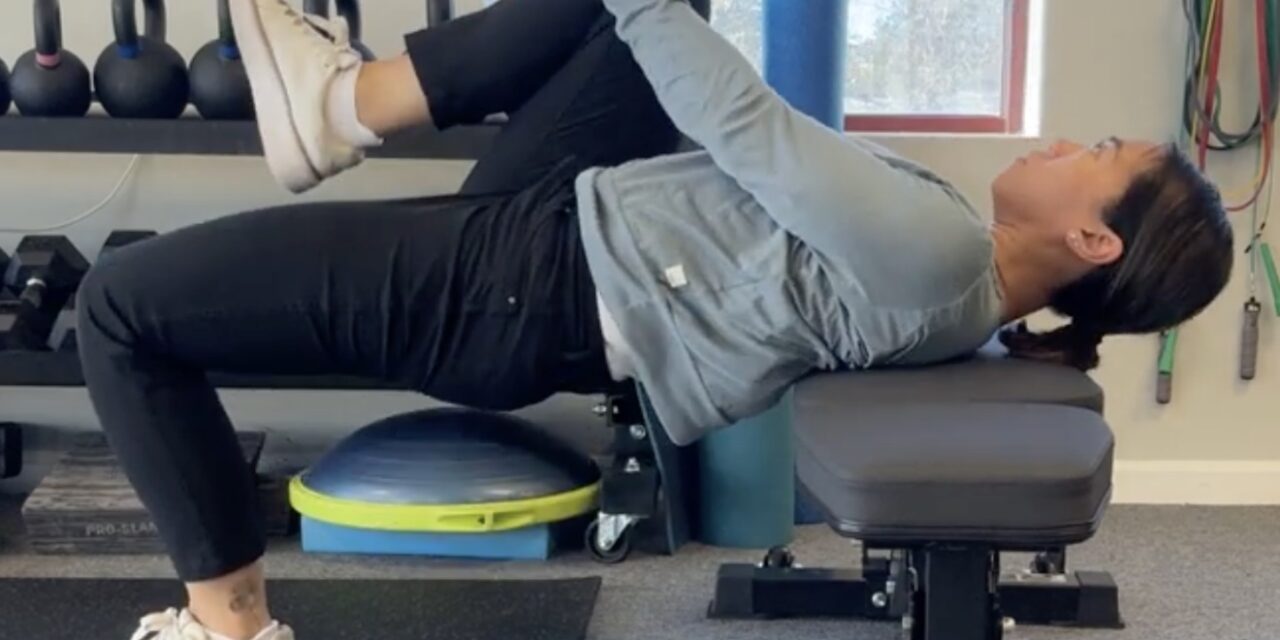Return to Sprinting and Jumping After Hamstring Strains: A Guide for CrossFit Athletes and Runners
By: Erica Tran, PT, DPT, OCS Hamstring strains are among the most common injuries for runners and CrossFit athletes, impacting performance and sidelining athletes for weeks. Returning to sprinting, shuttle runs or box jumps after such an injury requires a structured, progressive approach to minimize the risk of re-injury. Based on the work of Hickey...



